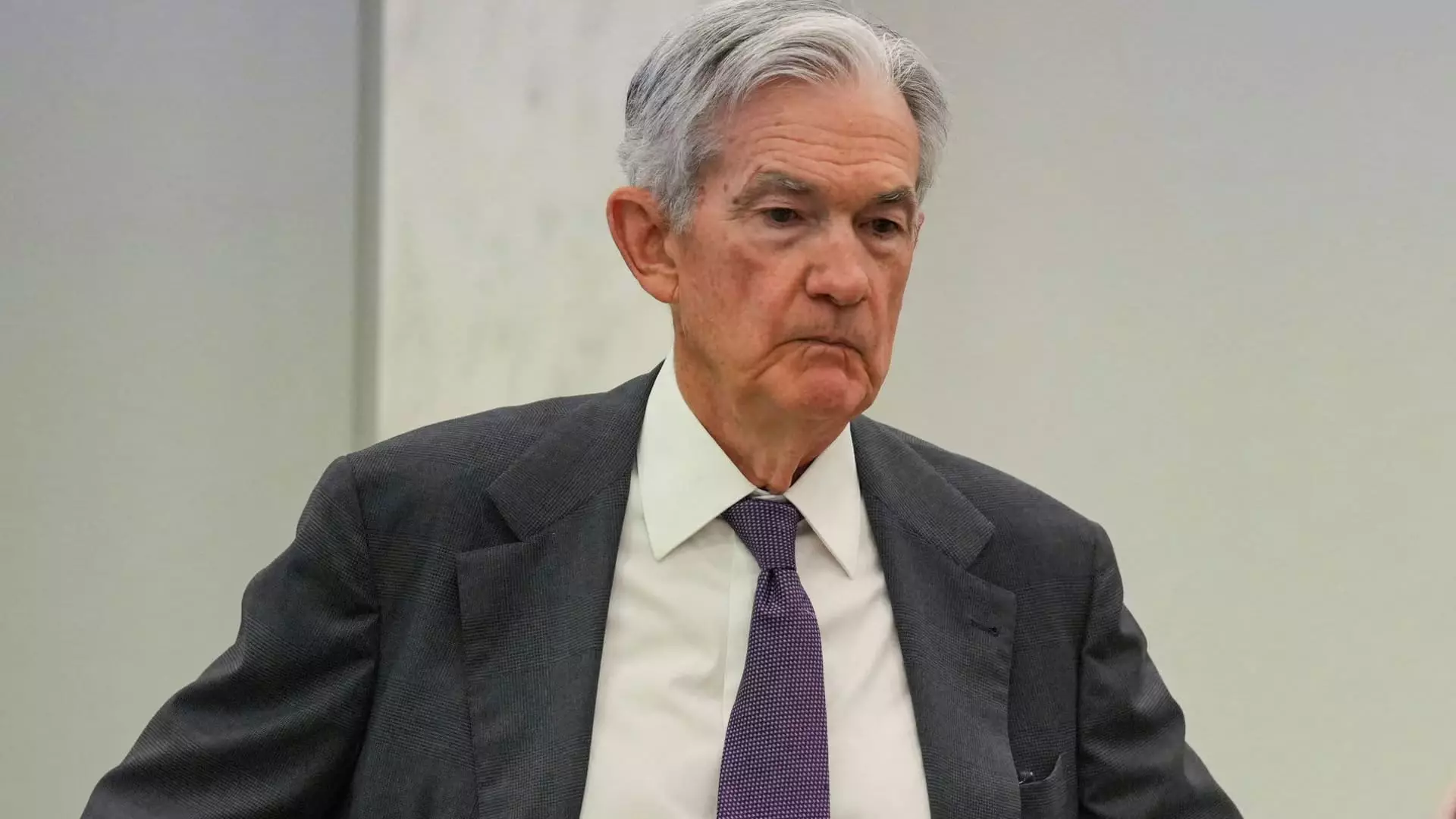In recent discourse surrounding the Federal Reserve, a pattern emerges that underscores the institution’s vulnerability to political influence, particularly from the executive branch. While the Fed is designed as an independent body to shield monetary policy from short-term political whims, this veneer of neutrality is increasingly strained. Treasury Secretary Scott Bessent, ostensibly a voice advocating for oversight, offers a nuanced perspective that exposes the fragile balance of power. His call for an internal review of Fed operations, separate from monetary policy decisions, reveals a desire to scrutinize the institution’s broader governance rather than its core functions. Yet, beneath this rhetoric lies a deeper concern: the potential erosion of independence, which, if unchecked, could pave the way for politicized decision-making that undermines economic stability.
The apparent endorsement by Bessent of Chair Jerome Powell’s tenure—contingent on his desire to complete his term—strikes a cautious tone. It hints at internal disagreements about the Fed’s trajectory but stops short of challenging the institution’s core authority. This ambivalence is symptomatic of a broader political atmosphere where the Federal Reserve is neither fully trusted nor respected, but rather seen as a battleground for ideological clashes. The Trump administration’s vocal demands for rate cuts and criticisms of specific projects, like the renovation of the Fed’s building, exemplify how political pressure homes in on administrative minutiae to sway larger policy decisions. Such tactics threaten the independence that’s crucial for maintaining balanced and effective monetary policy.
Political Manipulation: A Threat to Sound Monetary Policy
History has shown that politicizing central banking leads to unpredictable consequences, often destabilizing the economy in the process. When policymakers or government officials prioritize short-term political gains over long-term economic health, credibility is compromised. The Trump presidency’s flirtation with removing Powell—dubbed a “good public servant” by Bessent—raises red flags about this very issue. Powell’s cautious approach to interest rate adjustments, despite political pressure, embodies the kind of thoughtful independence the economy desperately needs but increasingly lacks.
The political tug-of-war is further exemplified by the White House’s focus on the Fed’s fiscal management beyond its core mandate, particularly the controversial $2.5 billion building project. Such scrutiny, whether justified or not, injects unnecessary uncertainty into the central bank’s operations. If the Fed becomes subordinate to political agendas, it risks losing credibility in the eyes of markets and investors alike. A central bank that is perceived as a political entity rather than a professional, technocratic institution will inevitably face higher volatility, reduced investor confidence, and a deterioration of its ability to manage inflation and growth effectively.
The Battle Over Transparency and Accountability
The debate surrounding the Fed’s transparency is emblematic of a larger struggle to define the institution’s role in a democratic society. While independence in monetary policy is vital, it must be coupled with accountability—an area where the Fed often faces criticism. Fed Governor Michelle Bowman’s comments about the need for transparency reflect an emerging acknowledgement that the institution must be held accountable without sacrificing its independence. It’s a delicate dance: too much control from political figures can distort monetary policy, but a lack of oversight undermines legitimacy.
Bessent’s call for an internal review, focusing on governance rather than policy decisions, could mark a turning point in how the Fed is perceived. Such a review might strengthen internal checks and balances, fostering greater legitimacy. However, if the review becomes a tool for political meddling—used to justify interference or undermine Powell’s leadership—it risks turning the Fed into a pawn rather than a steward for economic stability.
Ultimately, the Federal Reserve stands at a crossroads: either it reasserts its independence and recommits to insulating monetary policy from political influence, or it succumbs to mounting pressures that threaten to turn it into just another arm of partisan politics. The choice will define its legacy and, more critically, the economic well-being of the nation for generations to come.

